First things first, before we go further, here’s a disclaimer: this article is only intended to provide raw and authentic guide that you may not find in other sources. We are here to discuss whether South Korea really is accepting foreigners and how these foreigners are really treated in the country to prepare you and clarify on all the so-called and alleged racism problems going around.
Because if you’re travelling to South Korea as a person of color from multicultural background, you might likely experience things that are not mentioned in regular guidebooks. So, we’re here to address that with profound empathy and understanding to prepare what you might—or might not encounter as you travel to the country.
Now, join us as we peel through whether South Korea is really accepting foreigners and what really happened behind the alleged racism problems in the country. We’ll walk you through what travelers and expats have experienced, what local experts have revealed, and how cultural factors influence the subtle dynamics between Koreans and the growing foreign population.
If you’re searching for answers to the alleged racism problems in Korea, this is the honest, traveler-first perspective you’ve been looking for.
What Foreigners in South Korea Often Feel—but No One Talks About
Let’s start with what many first-time visitors never expect: the experience of feeling foreign in ways they didn’t anticipate.
Some visitors report being ignored in shops or restaurants. Others mention stares, and not just glimpse, but those long, awkward ones. There are moments when language isn’t the barrier, but attitude is. And while there’s rarely open hostility, many travelers, especially Southeast Asians, say they’ve felt subtle shifts in treatment based on how they look or where they’re assumed to be from.
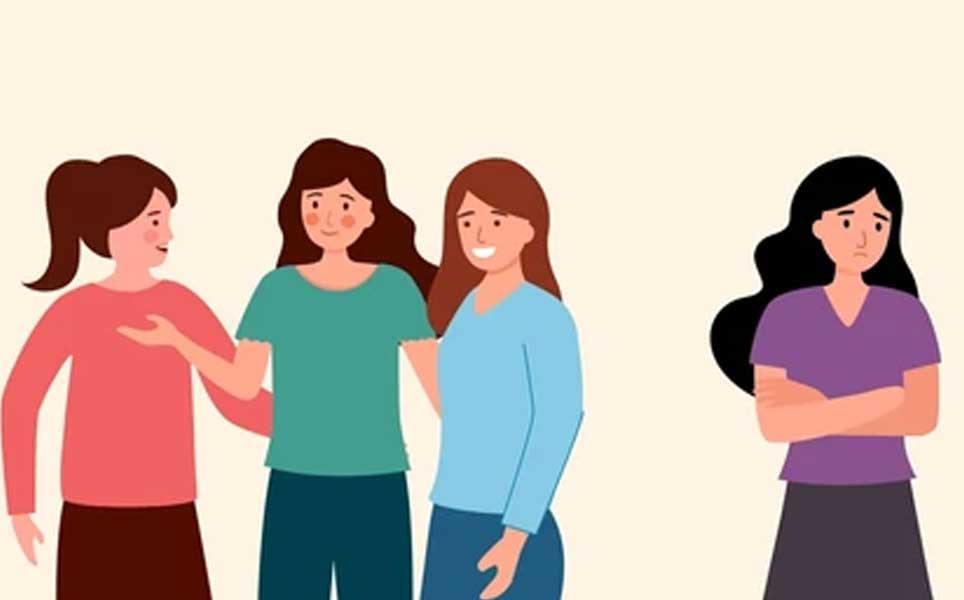
One Korean local recalled visiting a shoe store in Daegu with her Indonesian friends. “The staff didn’t say anything, but they weren’t interested in helping us either,” she shared. “It wasn’t rude. It just felt like… we didn’t matter.”
If you’ve ever walked away from an interaction in Korea wondering, “Was that just a bad service moment—or something else?”—you’re not alone. These types of moments have been shared by multiple travelers and expats, even if they’re not experienced by everyone.
The Cultural Backdrop: Why Some Interactions Feel So Complicated
To understand how foreigners are treated in South Korea, it helps to understand where the attitudes come from.
For generations, Korea saw itself as an ethnically homogenous nation. This belief—reinforced through education and post-colonial nationalism—framed national pride around the idea of shared blood and identity.
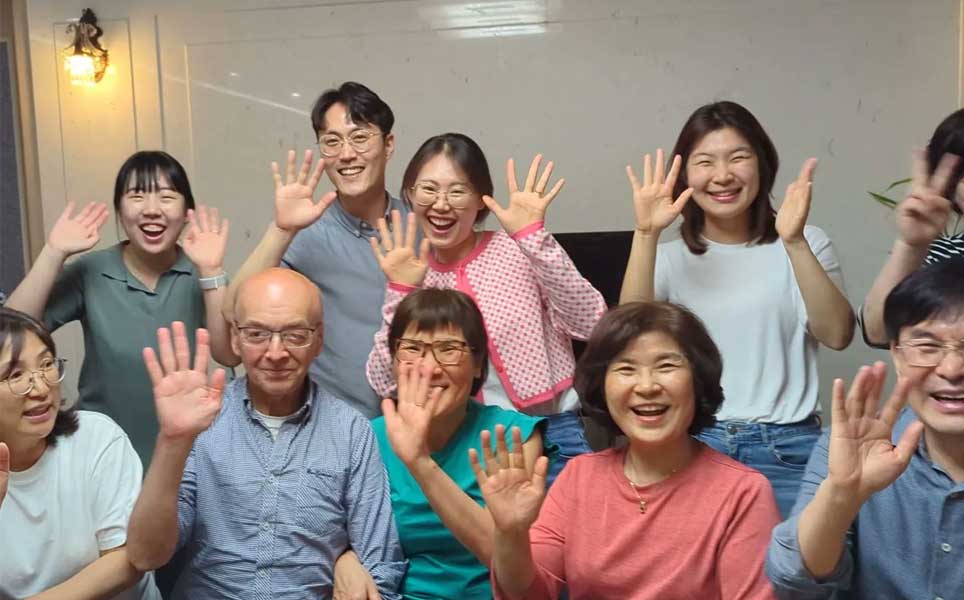
After Korea’s liberation from Japanese rule, this unity was seen as essential for survival. But in today’s global context, it creates tension between tradition and multicultural realities.
As of 2024, more than 2.5 million foreigners live in Korea, accounting for nearly 5% of the population. That officially places South Korea within the OECD’s definition of a multicultural society.
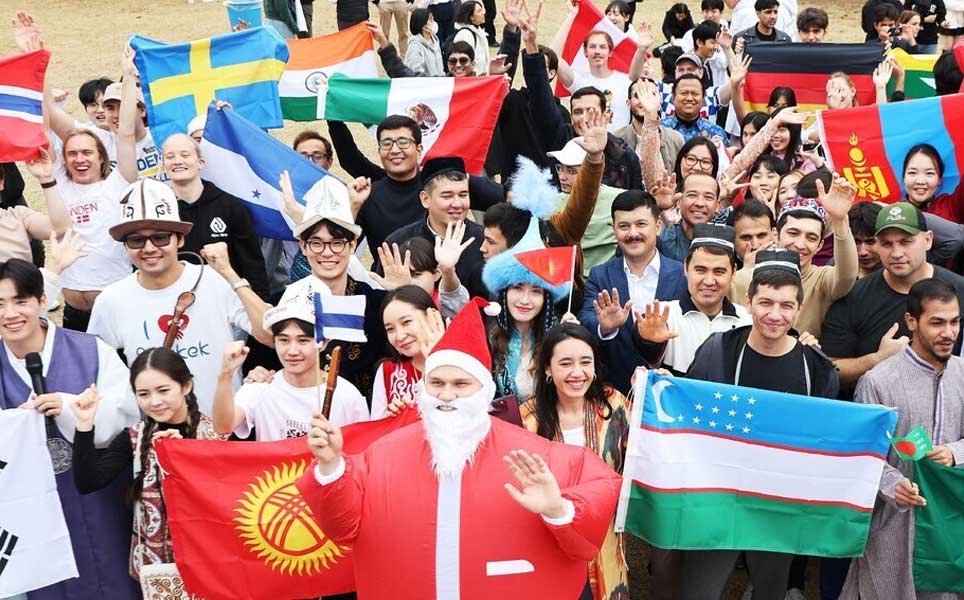
But that shift in numbers hasn’t fully translated to a shift in public mindset.
What makes things more layered is a phenomenon sociologists call “Korean-style racism.” And unlike the general terms of racism, the alleged problems in how foreigners are treated in South Korea is far from aggression.
Instead, it all stems from the invisible hierarchies. A long-standing internal bias places white Westerners near the top, Koreans just below, and immigrants from developing countries further down the social ladder. And so, class, appearance, and country of origin shape the way people are perceived, often without anyone realizing it.
Many Koreans may not immediately recognize these patterns as racism—often because they look different than what’s seen in more multicultural societies. “No one’s getting attacked,” they say. But that’s exactly the issue. Microaggressions are easy to dismiss when there’s no framework to define them—and no legal language to protect against them.
Real-Life Examples of What You Might Encounter
So, what does all this mean in a real travel setting? If you’re coming to South Korea from a diverse, multicultural society, here are a few things that some foreign visitors—particularly those from Southeast or South Asian backgrounds—have personally noticed.
These moments may not happen to everyone, but if they do, it’s helpful to understand what’s going on and why it might feel different than what you’re used to.
Possibly Ignored in Service Settings
For example, you walk into a restaurant and realize the staff is serving others first, even though you arrive earlier. Or you step into a boutique, and no one offers assistance. It may not be intentional or hostile—it might just be an unspoken bias. But that silence can feel awkward, especially if you’re used to more customer-oriented service.
Hearing Offhand Comments That Don’t Sit Right
Sometimes, people may say things that sound strange or inappropriate, but without any intention of offending. A joke about your home country. A nickname based on your skin tone. A compliment that doesn’t feel like one. These comments often come from curiosity or a lack of cultural sensitivity, not malice—but they can still feel uncomfortable.
Assumptions Based on Appearance and Nation
Some travelers report being asked if they’re a laborer, a student, or a caregiver—without being asked their name or why they’re in Korea. These assumptions are often based on national stereotypes rather than who you actually are. It can feel strange, especially when you’re simply there to enjoy your trip.
Casual Slurs
This can be especially surprising. There have been anecdotal reports from expats about racially insensitive language used casually—often without malicious intent, but still harmful in context. These words sometimes circulate in casual conversation, movies, or even as internet slang, without full understanding of their impact.
Again, none of these experiences are guaranteed to happen. In fact, many travelers, most of them are also foreigners, testified to have wonderful, respectful encounters throughout their stay in South Korea.
But if something does feel off or unexpectedly uncomfortable, you’re not being too sensitive. You’re simply noticing a cultural gap that hasn’t fully closed yet.
And knowing this ahead of time? It can help you respond calmly, confidently, and in a way that preserves your peace of mind.
So, Is South Korea Accepting Foreigners?
Well, if you’re asking whether South Korea really is accepting foreigners, the answer is more complex than a yes or no.
For now, South Korea is in transition. With its population aging and birth rate declining, the government has acknowledged that embracing immigration is a national strategy for survival. Plans are underway to establish a new agency focused on immigration policies.
One example of Korea’s recent labor policy experiments includes a controversial pilot program in Seoul involving domestic workers from the Philippines. However, the initiative sparked intense national debate over class and labor ethics, showing that policy changes still face complex cultural hurdles
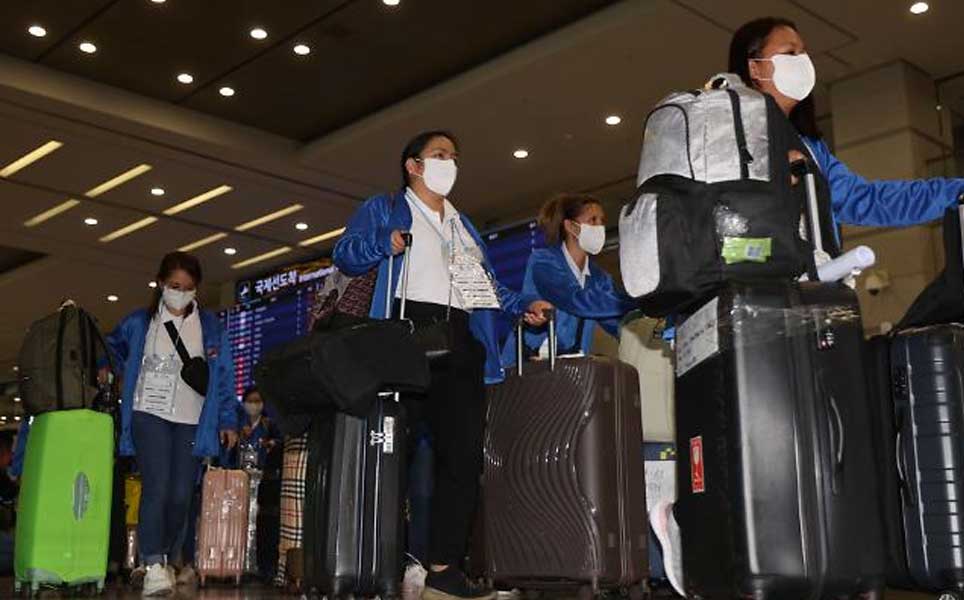
But policy change is not the same as social change.
South Korea does not yet have a comprehensive anti-discrimination law that explicitly protects against racial or ethnic discrimination. While hate crimes can be prosecuted under existing laws, the legal system lacks a clear framework for identifying and addressing racial bias.
There is also little national data tracking discrimination. Although official school curricula began removing exclusive narratives of ethnic homogeneity around 2007, the belief in a ‘one-blooded’ Korean identity remained prevalent in cultural and informal education for much longer.
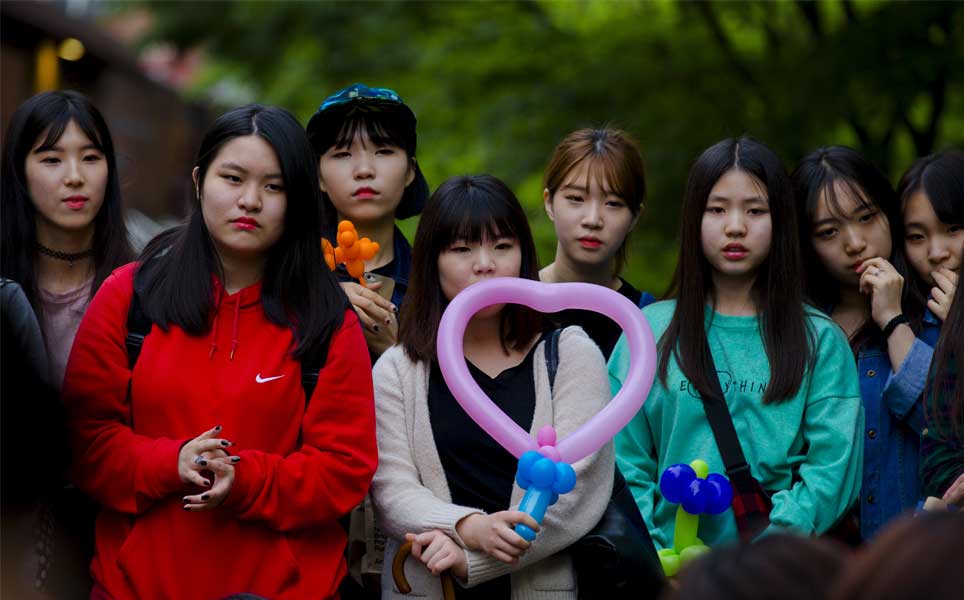
So while infrastructure is evolving, attitudes will take time. Some Koreans welcome the shift. Others are still learning what it means to live alongside people who don’t look, speak, or act like them. So, it might be safe to say that South Korea is now working on an amazingly positive progress in accepting foreigners.
Navigating Difficult Moments with Confidence and Respect as Foreigners in South Korea
Here’s the good news: most Koreans you meet will not act out of hatred or cruelty. In many cases, they’re unsure how to connect—and the awkwardness can come off as cold or dismissive. But knowing how to read these situations can make a big difference.
Foreigners in South Korea: Helpful Tips When Facing Problems and Awkward Moments
If you find yourself in a situation that feels unfamiliar, tense, or just a little “off,” don’t panic. Most of the time, foreigners are treated in wonderful manner and without problems in South Korea. But if you notice something’s off, they just might not know how to interact with someone from a different background.
Here are some simple, real-world tips to help you move through those moments smoothly and confidently:
Think of it as curiosity, not confrontation
If someone is staring at you—especially in less touristy areas—it’s usually not meant to be rude. It might just be the first time they’ve seen someone who looks or dresses like you. Try not to take it personally. A smile or small nod can shift the energy quickly.
Say a basic Korean greeting—it goes a long way
A simple “annyeonghaseyo” (hello) can open doors. Even if you don’t speak the language, just making the effort and express some Korean greetings to someone politely can help people relax and see you as respectful and approachable.
Spend time in more internationally minded neighborhoods
If you ever need a break or just want to feel more “at home,” check out places like Itaewon, Hongdae, or areas around big universities. These spots tend to be more open to different cultures and languages, and you’ll find more locals and businesses used to engaging with foreigners.
Find safe communities and resources
If you’re staying for more than a few days or coming for work or study, it helps to know where the expat and multicultural networks are. Facebook groups, local meetups, or centers that offer cultural programs and translation help can make your stay easier and more enriching.
Know when to walk away
Not every moment needs a response. If something feels uncomfortable or dismissive, it’s okay to politely disengage. You’re not here to fix social issues—you’re here to travel, explore, and enjoy. Protect your peace.
And most importantly—try not to let a few awkward encounters define your view of South Korea. Many locals are warm, generous, and sincerely curious about people from around the world. Once you open a little space for connection, you may be surprised how quickly the welcome follows.
The Bigger Picture: You’re Part of Korea’s Cultural Shift
As foreigners in South Korea become more visible in everyday life, attitudes will continue to evolve. And your presence as a thoughtful, respectful traveler plays a small—but meaningful—role in that process.
You are not just a guest here. You’re part of a changing chapter in Korea’s cultural identity. Your experiences—good and bad—matter.
As Professor Park Kyung Tae of Sungkonghoe University explained,
“We compare ourselves to countries where people are shot or stabbed because of racial hatred and say, ‘It’s not that bad here.’ But we fail to see the daily discrimination and hatred that persist. We don’t have a clear standard for what counts as serious (in our society).”
Professor Park Kyung Tae.
That insight captures the nuance. Many people in South Korea don’t see racism against these foreigners as problems the same way others do. And not because they deny it exists, but because the signs are different, quieter, and often unnamed.
But every honest conversation, every moment of reflection of how they are treated, like from these foreigners in the video, helps move things forward from these problems in South Korea. And eventually, there’s hope that as multicultural policies grow and global awareness deepens, South Korea will continue evolving, even more welcoming people from different cultural background, especially when the country is accepting more and more foreigners nowadays.
Travel With Awareness, Openness, and Grace
Finally, there’s a reason so many travelers fall in love with Korea. The country’s rich culture, the passionate people, and not to mention how the cities and the countryside just feel like poetry.
Yet, understanding the emotional terrain and how we are treated is just as important as knowing which train to take or what dish to order, especially for foreigners traveling to South Korea.
You don’t need to arrive in Korea with fear—but arriving with awareness will serve you far better. If you know what to expect, you’ll know how to respond. And if you carry yourself with kindness and confidence, you’ll create moments of connection that transcend any cultural barrier.
So go ahead—step into the journey fully. See the beauty, acknowledge the blind spots, and be a traveler who embraces the full picture.
Related Posts
1,904 total views, 8 views today

















